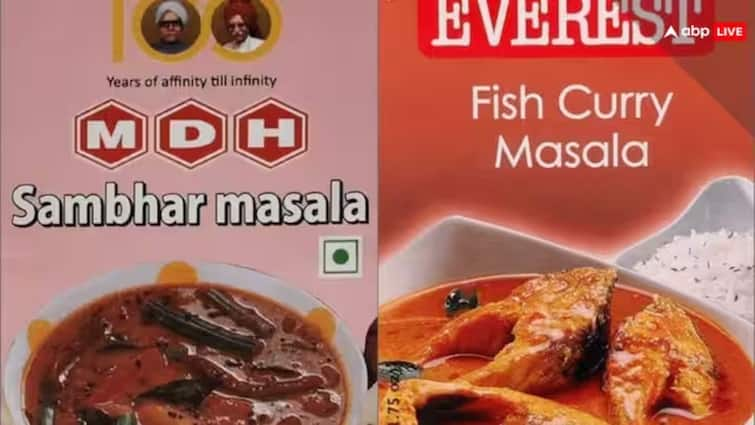MDH and Everest: Nepal has banned the import, use and sale of two Indian brands of spices, MDH and Everest. Nepal’s Department of Food Technology and Quality Control took the decision amid reports that the spice may contain pesticides and ethylene oxide. Nepal has also started testing for ethylene oxide in these spices.
Ethylene oxide poses a cancer risk. Nepal’s Department of Food Technology and Quality Control spokesperson Mohan Krishna Maharajan said the import of MDH and Everest spices into Nepal was banned a week ago. We have also banned its sale. These two brands of spices are being tested for ethylene oxide. The ban will remain in place until the final report.
Earlier, Hong Kong’s food regulator Center for Food Safety (CFS) said the spice contains the pesticide, ethylene oxide, which poses a cancer risk. Four spice products from MDH and Everest were banned. Singapore’s food agency has ordered the recall of MDH, Everest spice.
Britain’s Food Standards Agency (FSA) on Thursday clarified that it has taken additional control measures for ethylene oxide in Indian spices since the beginning of this year. The FSA said there is an early warning system (EWS) for peak levels of ethylene oxide. Ethylene oxide is banned in Britain.
24 days ago, India sought details from food regulators in Singapore and Hong Kong regarding the ban on MDH and Everest spices. The commerce ministry also directed the Indian embassies in both Singapore and Hong Kong to send a detailed report on the matter. The ministry also sought details from MDH and Everest.
On 6 May, the Food Safety and Standards Authority of India (FSSAI) refuted all media reports which claimed that Indian food regulator Herbs and Allowing 10 times more pesticides than the prescribed standard to be added to spices.
FSSAI said in a press release that ‘All such news are false and baseless. The Maximum Residue Level (MRL) in India is one of the strictest standards in the world. MRLs of pesticides are set differently for different food items based on their risk assessment.















